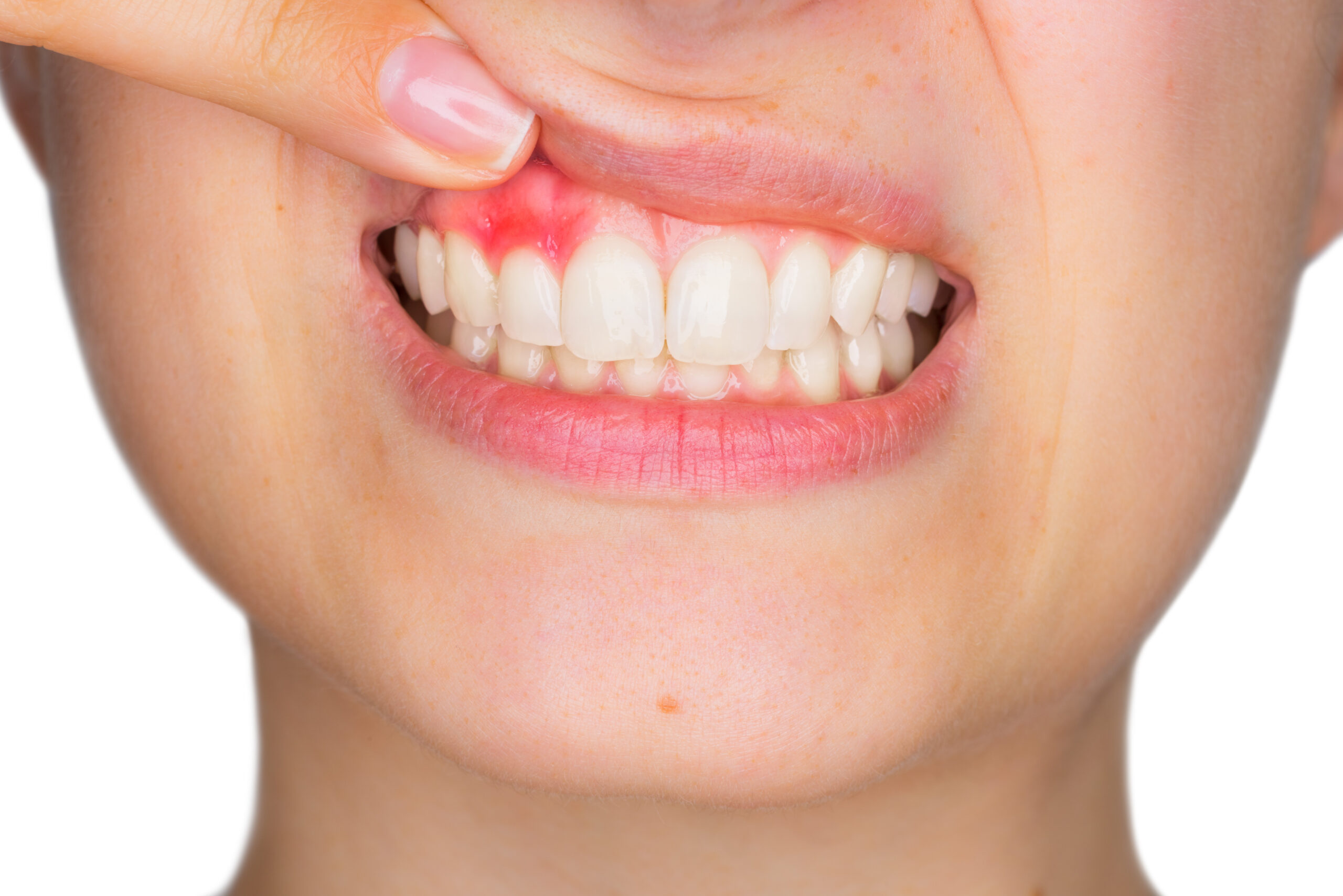Decay is often the word that comes to mind when we think of mouth’s problems. However, to an adult, gum disease (periodontal disease) is the second most common problem.
What is gum disease?
These diseases occur when there is gum inflammation. This inflammation, also called gingivitis, occurs especially when there is an accumulation of dental plaque and tartar.
If left untreated, the disease can spread to the bone and cause inflammation of the supporting tissues. This can lead to significant damage, including tooth loss and infection.
Take it seriously
Gingivitis should not be overlooked as many studies link it to other health issues such as diabetes, cardiovascular disease, respiratory problems, Alzheimer’s, pregnancy complications, arthritis, osteoporosis, liver, and pancreatic cancer.
Fortunately, you’re in control of much of the solution, as 70% of dental hygiene depends on brushing, flossing, and regular visits to your dentist. These things will help you avoid gum disease.
Warning signs
Even if you’re taking care with your teeth and gums, some symptoms may still appear, and it’s important to discuss them with your Santé dentaire VMR dentist if you see any of these signs:
- Teeth that move, shift or are missing
- Swollen or sensitive gums
- Frequent bleeding, especially when you brush or floss your teeth
- Persistent bad breath
The causes of gingivitis
Of course, poor dental hygiene will cause gum disease, but there are other factors that can lead to gum disease, including health conditions that affect the immune system such as stress, pregnancy, and uncontrolled diabetes.
There are also hereditary factors that may be involved, as well as certain medications.
It may not be surprising to learn that cigarettes are also the cause of many dental and oral diseases since they often contribute to quickening the spread of the disease.
Treatments
The sooner the situation is taken care of, the better the chances of recovery. Your dentist will usually start with scaling and then diagnose the condition of the gingivitis. They may also take X-rays to check the condition of the bone. If the disease is advanced, the patient may be referred to a periodontist who will offer a series of treatments to restore gum health. In many cases, antibacterial solutions will help to heal, but in some more severe cases, surgery or laser intervention may be necessary.
If you have any questions about the condition of your gums, don’t hesitate to talk to your Santé dentaire VMR dentist at your next appointment. If it’s an emergency, contact us and we can see you quickly.


0 comments on “Gum Disease”